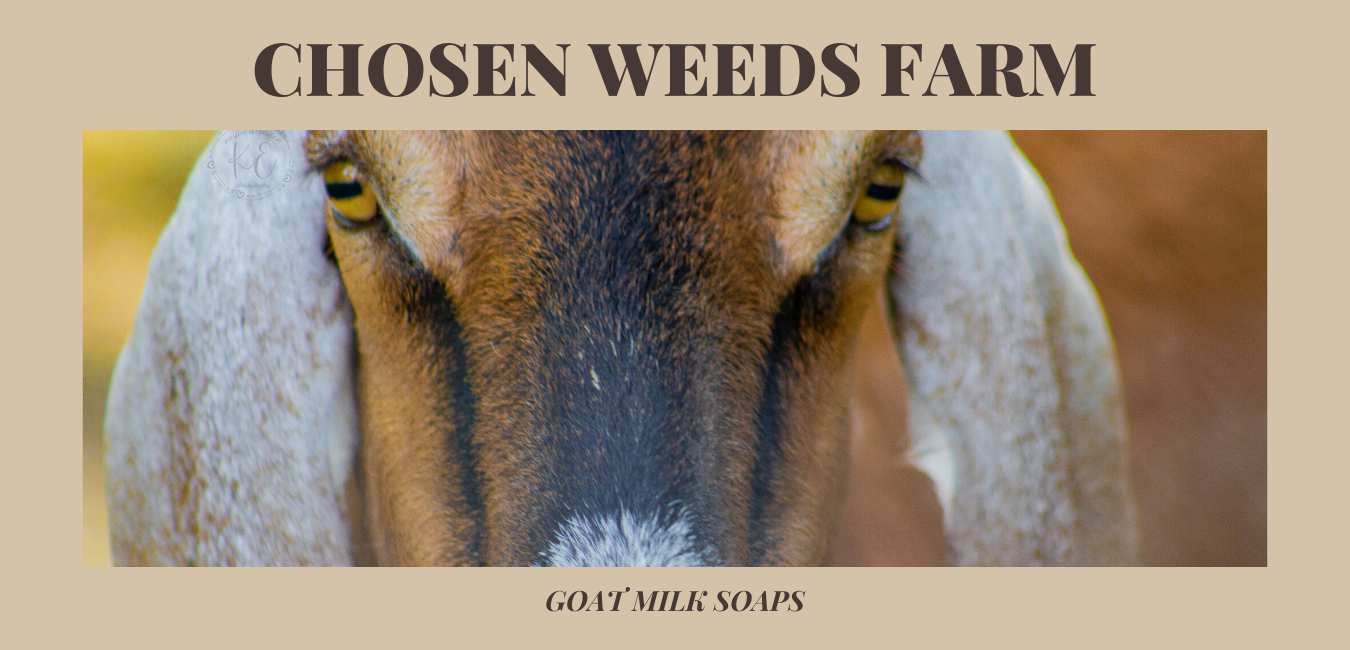
Creating a straw bale garden has several advantages, especially if you are limited for time, space and on a budget.
You can use the bales where there is limited space and they are cheaper to buy than establishing a raised bed.
Where I live, it’s very hard to find straw, so I used old, weathered hay bales that are no longer good for animal feed. I can get them for about $1/bale.
They also provide the advantage of creating compost right where you leave them and can be planted again.
The bales are a great place for fungus as they compost. You will see tiny threads in the soil called mycelium. The mycelium form a network that connects individual plants together to transfer water, nitrogen, carbon and other minerals.
Both are a sign of healthy soil, so welcome it.
Conditioning bales
- Use straw bales or VERY, old, weathered hay bales. Fresh hay bales are full of seeds (although as you condition the bales, they can get hot enough to kill germination)
- Place bales in a sunny spot, with the strings left on and parallel to the ground (cut side up).
- Condition the bales:
- Day 1-3: Soak bales thoroughly and keep them damp.
- Day 4-6: Sprinkle each bale with ½ cup urea (46-0-0) and water well into bales. You can substitute bone meal, fish meal, or compost for a more organic approach.
- Days 7-9: Cut back to 1/4 cup of fertilizer per bale per day, and continue to water it in well.
- Day 10: Stop applying fertilizer but continue to keep the bale damp.
Planting in bales
- You can direct sow or place plants directly into the bales.
- If you direct sow seeds like lettuce, spread potting soil on the top of the bales and plant into the soil. For larger seeds you can just push them into the moist straw.
- For plants, create a hole in the top of the bales and place some potting soil in the hole. Place the plant in the hole and water well.
This is one of my favorite ways to garden because I know I’m creating a secret ecosystem with the bales that will feed the gardens for years to come.

Permalink //
The girls and I were able to get hands on with the planting bales, it was awesome and an awesome idea. Thanks for teaching the girls some things and making the experience fun.
Permalink //
I’m so glad that they enjoyed it! You should see the broccoli and cauliflower now.